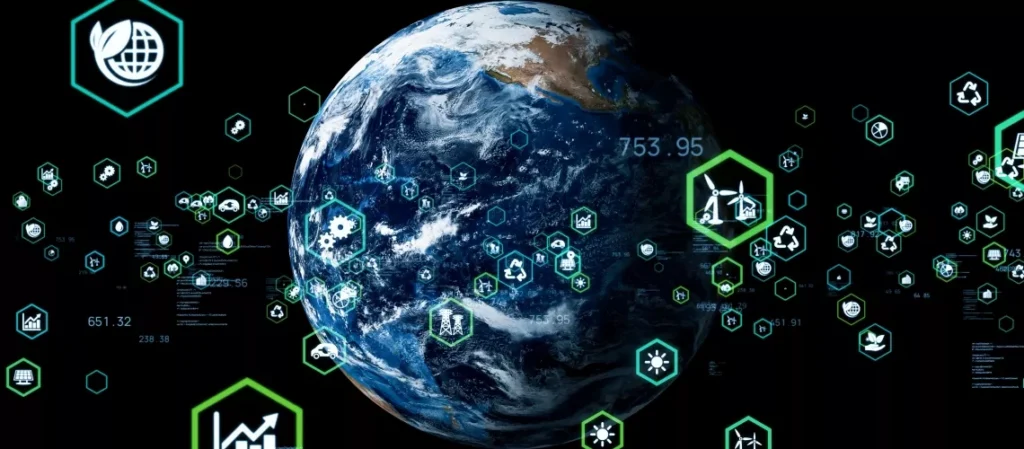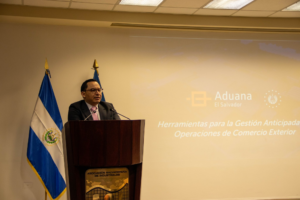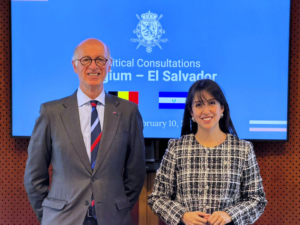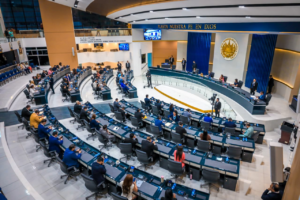
In 2024, the World Bank Group reached a record US$42.6 billion in climate finance, a 10% increase over the previous year. This financing is for efforts to eradicate poverty and foster a livable planet, focusing on clean energy, resilient communities, and sustainable economies.
During the 28th United Nations Climate Change Conference (COP28), the World Bank committed to climate finance accounting for 45% of the total by 2025. This commitment implies a coordinated effort by all the Group’s institutions, although it is recognized that much remains to be done to achieve the goals.

In FY2024, the International Bank for Reconstruction and Development (IBRD) and the Asociación Internacional de Fomento (AIF) contributed $31 billion to climate finance. Of this amount, US$10.3 billion went to adaptation and resilience projects, reflecting a significant focus on preparing for the impacts of climate change.
The International Finance Corporation (IFC) contributed US$9.1 billion, focusing on long-term climate finance for the private sector. This role is crucial to mobilize sustainable investments that can foster the transition to greener economies.

The Multilateral Investment Guarantee Agency (MIGA) also played a prominent role, providing US$2.5 billion in climate finance, mainly through political risk insurance and credit enhancements, which facilitates investment in sustainable projects.
The World Bank Group’s climate finance reached 44% of the total US$97 billion in 2024. This joint effort demonstrates the Group’s commitment to addressing the climate crisis and contributing to sustainable development globally.







